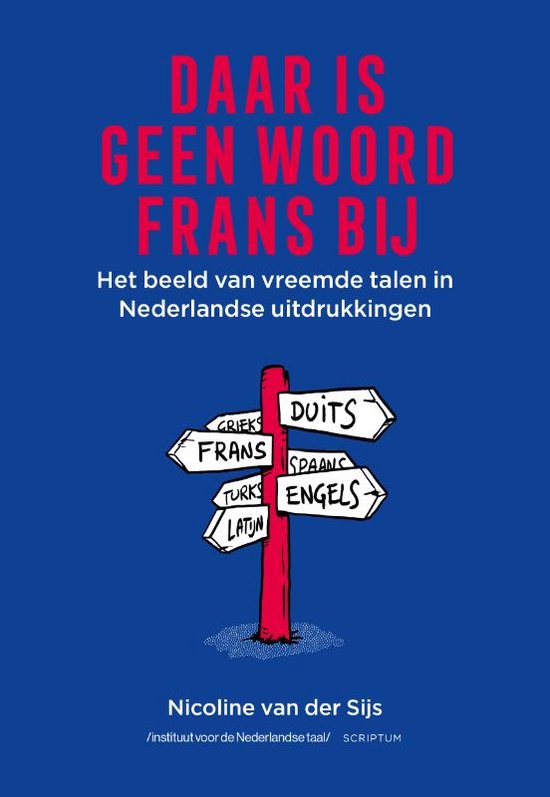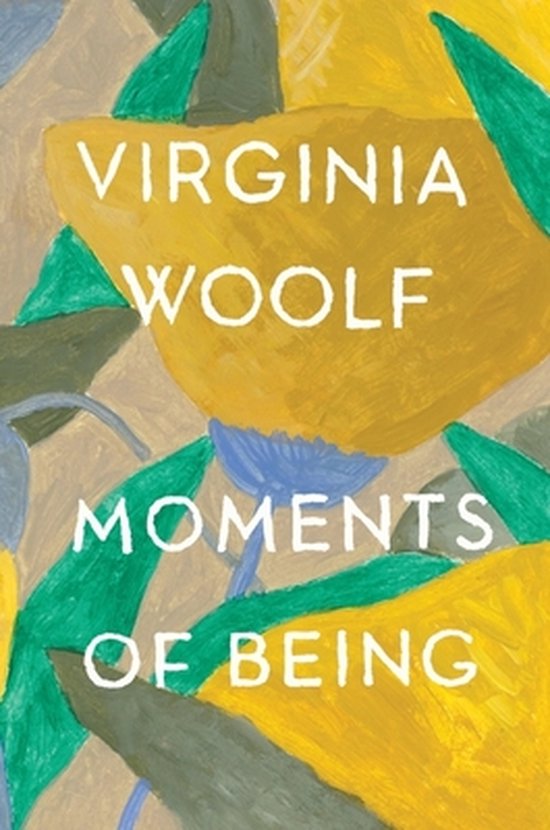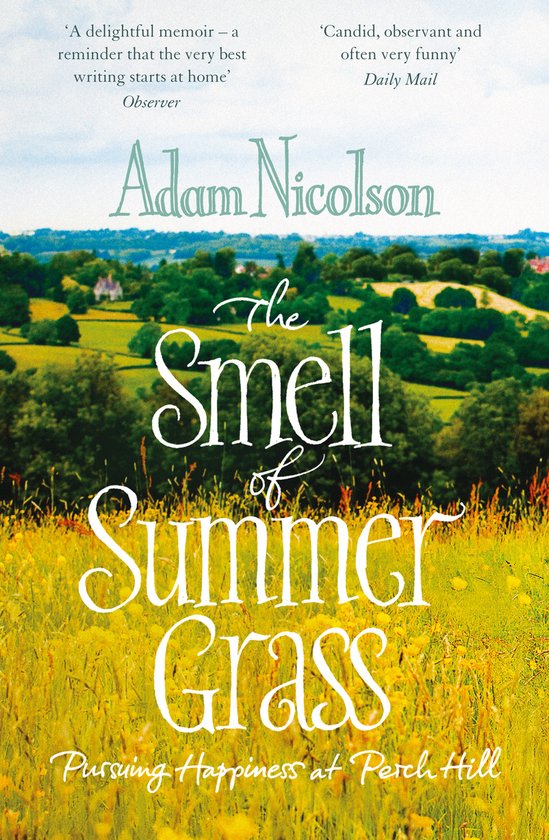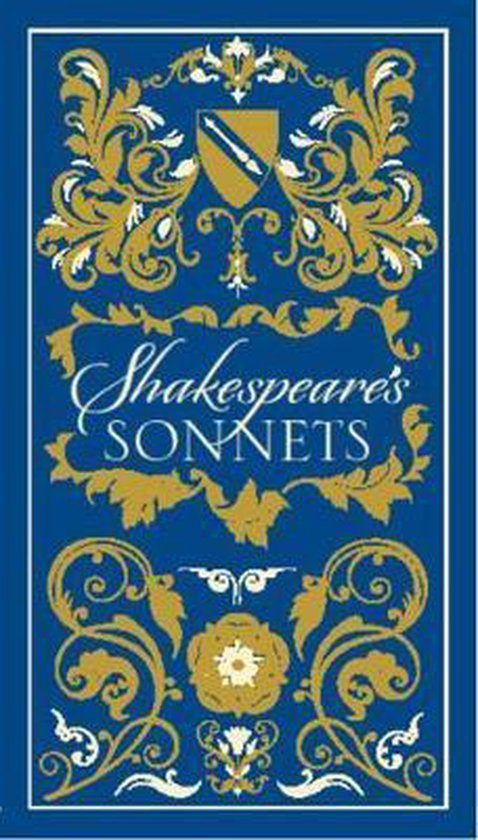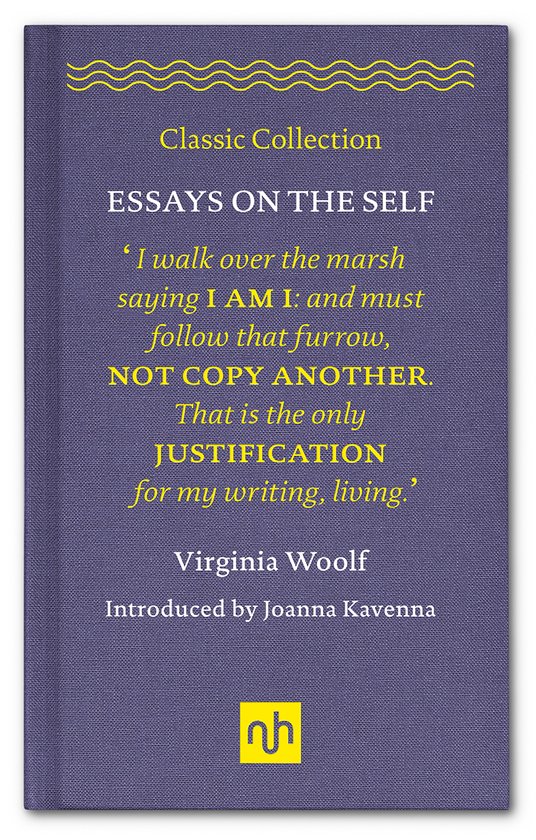
Essays On The Self
Woolf responds passionately to those writers - past, present - who deal honestly with the reader, who express their own variations on the 'I am I' - the selective vision of the finite self.
Woolf's fine character studies of several authors, among them Samuel Taylor Coleridge, who 'seems not a man, but a swarm, a cloud, a buzz of words, darting this way and that, clustering, quivering and hanging suspended'. He is, Woolf adds,so complex, so eccentric, that we 'become dazed in the labyrinth of what we call Coleridge'. He was incapable of adopting requisite social modes, of suppressing his obsessive urge to talk, of pandering to the expectations of others. Woolf tries to capture a 'clear picture' of Coleridge but this metaphor is skewed and what she really reveals is a voice - mad and beautiful - never to be heard again:
Woolf's fine character studies of several authors, among them Samuel Taylor Coleridge, who 'seems not a man, but a swarm, a cloud, a buzz of words, darting this way and that, clustering, quivering and hanging suspended'. He is, Woolf adds,so complex, so eccentric, that we 'become dazed in the labyrinth of what we call Coleridge'. He was incapable of adopting requisite social modes, of suppressing his obsessive urge to talk, of pandering to the expectations of others. Woolf tries to capture a 'clear picture' of Coleridge but this metaphor is skewed and what she really reveals is a voice - mad and beautiful - never to be heard again:
| Auteur | | Virginia Woolf |
| Taal | | Engels |
| Type | | Hardcover |
| Categorie | | Taal |
